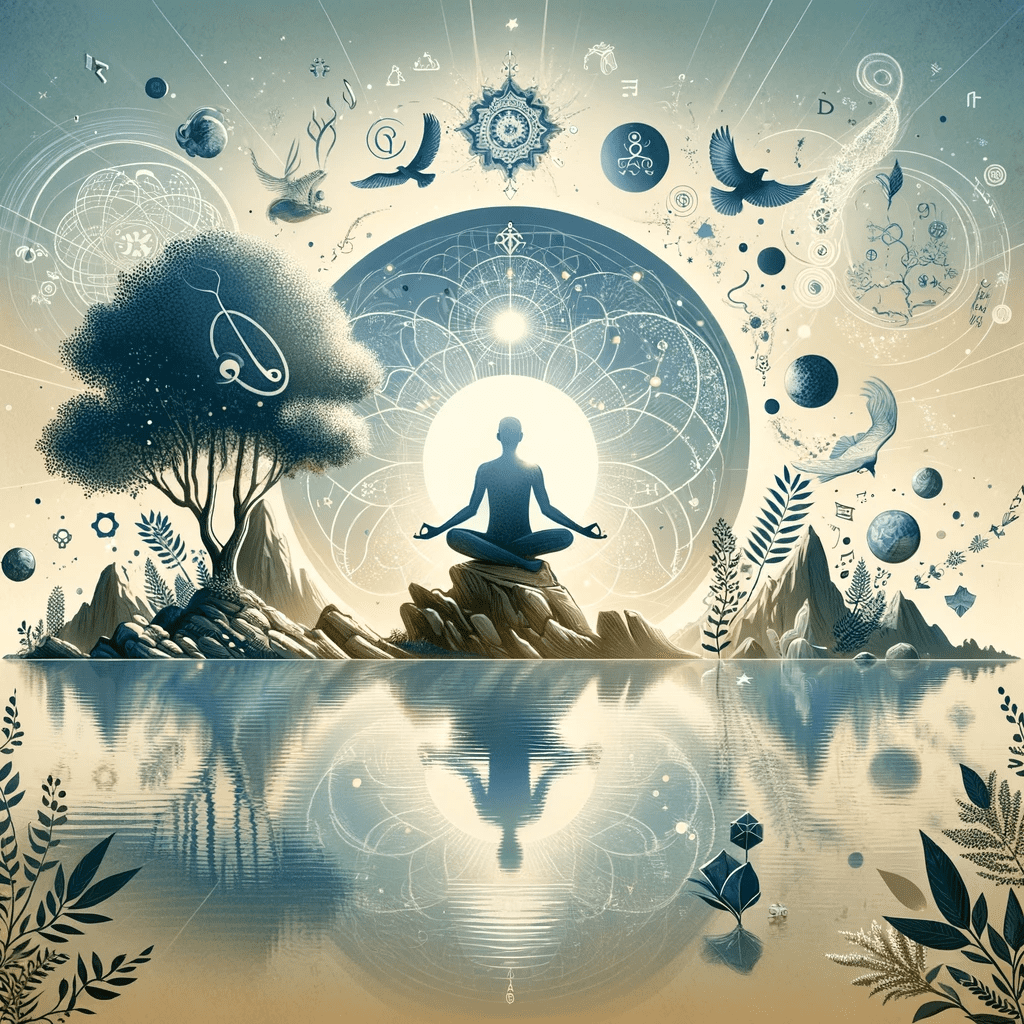As life has gotten busy, and religious leaders have shown us the dark corners where our faith has been questioned or destroyed, many balk at the idea of organized religion. Some have abandoned their faith. Some don’t believe in a higher power at all, and never did. Some adapt their beliefs to better reflect their personal values. Some leave the church but still pray to whatever God or Gods they hold sacred outside of the institutions of faith. But the belief in one or more deities is not all there is to spirituality. And we are literally losing our religion.
As humans, we need something to believe in. Without believing in something, we begin to believe in nothing. We become depressed because a life without faith in something can be a life without hope. Bear with me here – I promise I’m getting to the point.
Spirituality – ill-defined by the Oxford and Cambridge dictionaries – means so much more than the belief in deities and participating in organized religion. Since Dr. Maya Spencer put it so eloquently in her reflection, What is spirituality? A personal exploration (2012), I will quote her here to explain more succinctly:
“Spirituality means knowing that our lives have significance in a context beyond a mundane everyday existence at the level of biological needs that drive selfishness and aggression. It means knowing that we are a significant part of a purposeful unfolding of Life in our universe.”
For the purposes of discussion, have you ever thought or said that Karma is a bitch? Believed that what comes around goes around? Stated “you reap what you sow,” or “you’ve made your bed, now lie in it?” These are expressions of the belief that if one does good, good will come their way, and that if one treats people badly, they, too, will be treated badly. This is a belief that helps us to deal with the people who cross our paths who make life difficult or even painful. Equally, it incites some to try to be a better person, taking responsibility for how we make others feel.
Perhaps you’ve never thought much about how you treat others and are just trying to get through your day. Do you enjoy nature? Grow your own vegetables? Enjoy gardening and tending to flowers? Or support a cause because you want to incite change? These things are also spirituality. You feel a connection or appreciation for the natural world around you. In the latter example, you want to be part of something bigger than yourself. These are examples that bring to life Dr. Spencer’s definition of spirituality.
When therapists talk about self-care, spirituality is one of the pillars of self-care that we promote for our clients. Some clients often balk at this aspect of self-care, because many immediately think of organized religion. Imagine being depressed and withdrawing from the things you love. Creating art to share beauty with others. Playing music that brings others joy. Tending to gardens, taking a walk through nature, cooking and baking good food to sustain the ones we love – these are all ways in which we become a significant part of a purposeful unfolding of life in our universe. Even meditation is spiritual.
So when you hear therapists talk about spirituality in self-care, keep this in mind. Think about how you connect to the world and the people in it. Think about how you can live a life beyond the mundane. Go back to the things you used to enjoy or think about what you would like to be a part of. Learn a new skill, volunteer, pick up a hobby that brings you (and maybe others!) joy. Question the world around you, get curious about what’s important to you. Because even planting a pollinator garden supports the fertilization of beautiful flowers and food necessary for survival. And simply planting some flowers contributes to the ecosystem that we all live in – making you part of something bigger than yourself.
